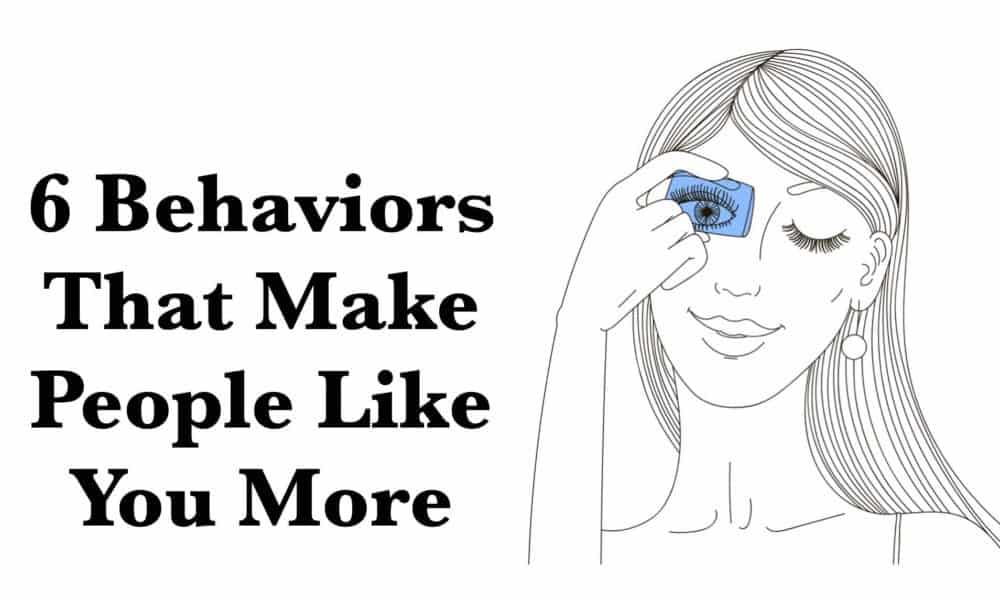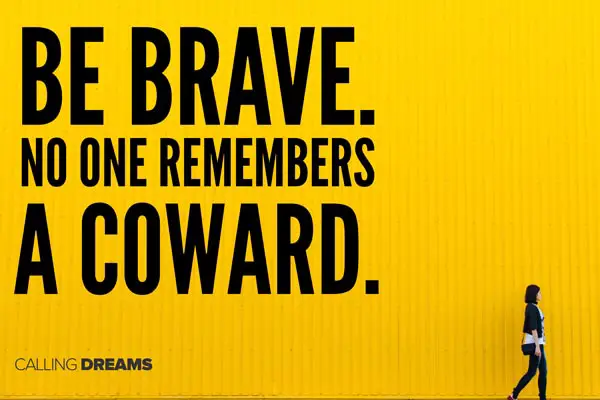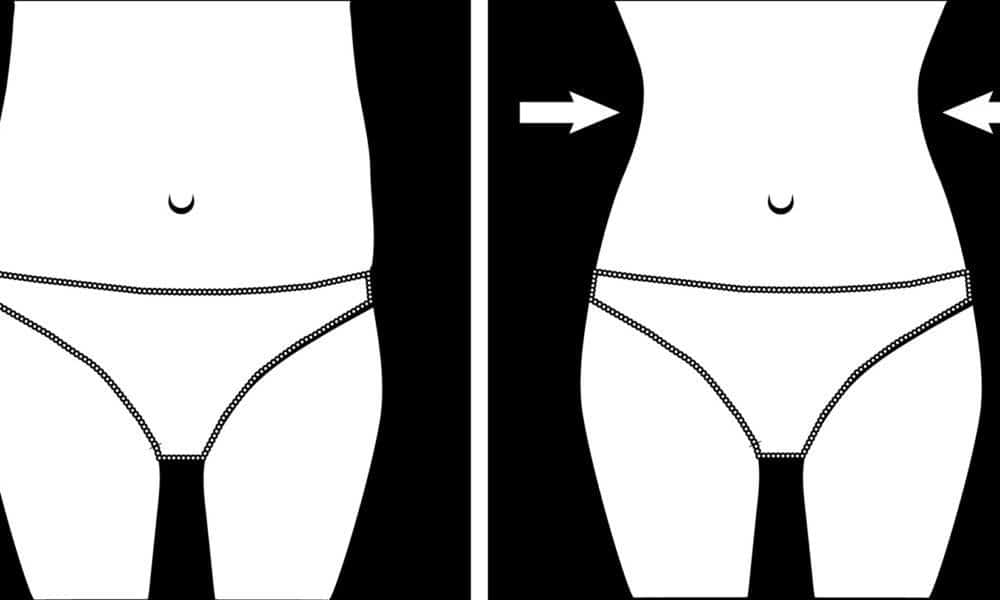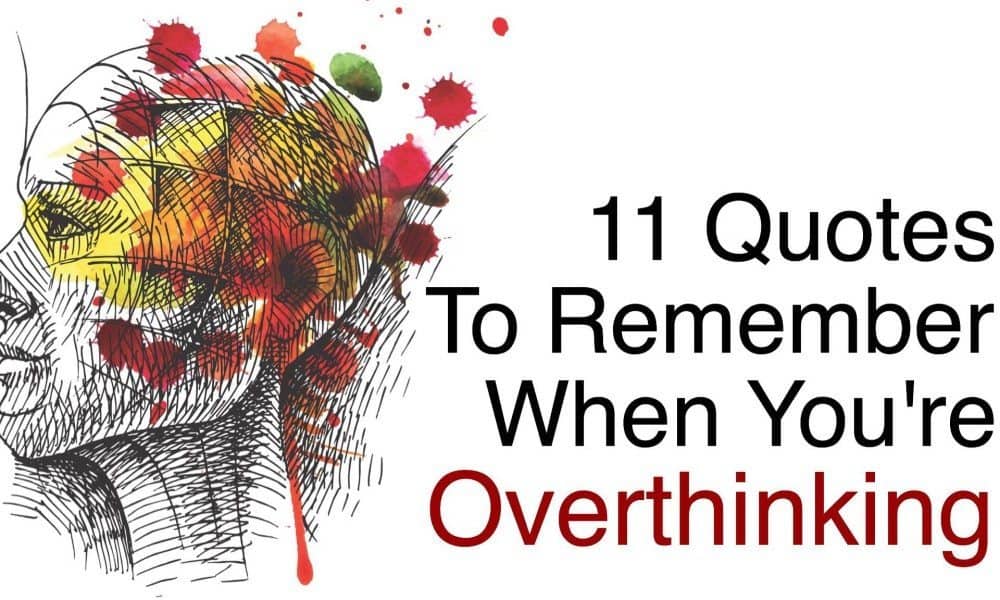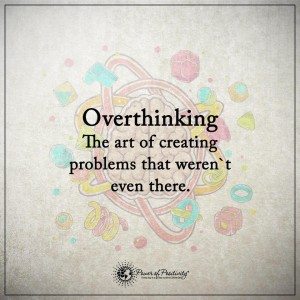80% of Heart Attacks Could Be Avoided If Everyone Did These 5 Easy Things
Heart disease claims the lives of about 1 million Americans every
year, making it the leading cause of death for both men and women. The
most common form of heart disease is coronary artery disease (CAD),
which can lead to a heart attack.
This year alone, 920,000 Americans will have a heart attack, and
close to half of them will occur suddenly without any prior warning
signs.
A heart attack occurs when blood flow to a part of your heart becomes
blocked. This is often the result of plaque build-up inside your
arteries (atherosclerosis), which may rupture and form a blood clot that
blocks blood flow.
If the blockage isn’t cleared quickly, a portion of your heart muscle
will begin to die and be replaced with scar tissue, which can cause
severe problems in the future.
For instance, a previous heart attack (especially if a large area of
your heart was damaged) is a risk factor for sudden cardiac arrest,which
is caused by abnormal heart rhythms and can be fatal.
5 Lifestyle Changes Could Prevent 80 Percent of Heart Attacks

It’s remarkable that heart attacks are so common and cause so much
pain (emotional and physical) and disability when they are nearly
always preventable. You’re probably already aware that your lifestyle
plays a role in your risk of heart disease (and heart attacks), but
perhaps you’ve not yet taken it to heart…
If you need some motivation, consider a new study conducted at the
Karolinska Institute. It found that engaging in five healthy lifestyle
habits could prevent nearly 80 percent of first-time heart attacks in
men. Even the researchers were surprised at how powerful a healthy
lifestylecould be, noting:
“It is not surprising that healthy lifestyle choices would lead to a
reduction in heart attacks… What is surprising is how drastically the
risk dropped due to these factors.”
Still, this isn’t the first time such a drastic risk reduction has
been uncovered. The 2004 INTERHEART study, which looked at heart
disease risk factors in over 50 countries around the world, found that
90 percent of heart disease cases are completely preventable by
modifying diet and lifestyle factors.
Unfortunately, most people are not using lifestyle habits to their
advantage. The featured study involved men aged 45 to 79… and only 1
percent of them engaged in all five of the “low-risk” behaviors that
could prevent a heart attack. So what are the five healthy lifestyle
habits?
A healthy diet
Being physically active (walking/bicycling ≥40 min/day and exercising ≥1 h/week)
Healthy waist circumference (waist circumference <95 37.4="" cm="" inches="" or="" p="">
Moderate alcohol consumption (10 to 30 g/day)
No smoking
What Is a Healthy Diet for Your Heart?
Most of the heart-healthy lifestyle habits are self-explanatory, but
the term “healthy diet” is ambiguous… and when it comes to heart health,
it is probably not what you think. Contrary to popular belief, refined
carbs, sugar, and processed foods are the real enemy—not the saturated
fats found in foods such as butter, lard, or eggs.
Part of the confusion on fats revolves around its impact on LDL
cholesterol, often referred to as “bad” cholesterol. According to the
conventional view, high LDL is correlated with heart disease, and
saturated fat does tend to raise LDL. However, we now understand that
there are TWO kinds of LDL cholesterol particles:
Small, dense LDL cholesterol
Large, “fluffy” LDL cholesterol
The latter is not “bad” at all. Research has confirmed that large LDL
particles do not contribute to heart disease. The small, dense LDL
particles, however, do contribute to the build-up of plaque in your
arteries, and trans fat increases small, dense LDL. Saturated fat, on
the other hand, increases large, fluffy—and benign—LDL.
More importantly, research has also shown that small, dense LDL
particles are increased by eating refined sugar and carbohydrates, such
as bread, bagels, and soda. Together, trans fats and refined carbs do
far more harm than saturated fat ever possibly could.
Unfortunately, when the cholesterol hypothesis took hold, the food
industry switched over to low-fat foods, replacing healthy saturated
fats like butter and lard with harmful trans fats (vegetables oils,
margarine, etc.), and lots of refined sugar and processed fructose.
Ever-rising obesity and heart disease rates clearly illustrate the
ramifications of this flawed approach. I recently interviewed Dr. Fred
Kummerow on this topic. If you missed it, I highly recommend taking a
moment to listen to it now.
A True Heart-Healthy Diet Plan
If you want to protect your heart, you need to avoid trans fats by
eliminating all processed foods (which would also include most
restaurant food). You also need to address your insulin
and leptin resistance, which is the result of eating a diet too high in
sugars and grains. To lower your heart disease risk, you need to adhere
to the following suggestions, which are explained in detail in
my nutrition plan.
1.Avoid sugar, processed fructose, and grains. This effectively means you must avoid most processed foods
2.Eat a healthy diet of whole foods, ideally organic, and replace the grain carbs with:
• Large amounts of vegetables
• Low-to-moderate amount of high-quality protein (think organically raised, -pastured animals)
• High-quality healthy fat (saturated and monounsaturated from animal
and tropical oil sources). Most people actually need upward of 50-85
percent fats in their diet for optimal health—a far cry from the 10
percent currently recommended. Sources of healthy fats to add to your
diet include:

Balancing your omega-3 to omega-6 ratio is also key for heart health,
as these fatty acids help build the cells in your arteries that make
the prostacyclin that keeps your blood flowing smoothly. Omega-3
deficiency can cause or contribute to very serious health problems, both
mental and physical, and may be a significant underlying factor in up
to 96,000 premature deaths each year. You can do this by avoiding most
vegetable oils and increasing your intake of small wild-caught oily fish
(sardines and anchovies) or taking a high-quality krill oil supplement.
Should You Eat More Fruit for Your Heart?
A study presented this year at the ESC Congress in Barcelona, Spain
found that people who ate fruit daily had a 40 percent lower risk of
heart disease, and a 32 percent lower risk of death from any cause, than
those who did not. Further, the more fruit they ate, the lower their
risk of heart disease became.Fruit can be an excellent source of
antioxidants, vitamins, minerals, and other phytochemicals, many of
which have heart-healthy anti-inflammatory effects. For instance,
research published in the British Medical Journal (BMJ)
found
that simply eating an apple a day might help prevent
cardiovascular-related deaths in those over 50 to a similar degree as
using a daily statin.
I would caution against eating too much fruit, however, especially
the sweeter fruits that are commonplace today. Many of the most
beneficial phytonutrients found in fruits actually have bitter, sour, or
astringent taste, and are found in the skin and seeds. To satisfy the
modern palate, farmers have, throughout time, opted to selectively breed
the sweetest varieties, which makes fruit far less nutritious than it
once was. Still, carefully chosen fruit – such as organic apples,
blueberries, or cherries – can certainly be beneficial when eaten in
moderation. Fruit contains varying levels of fructose, and you will want
to avoid over-consuming fructose to protect your heart. My
recommendations on fruit (and fructose consumption) are as follows:
If you’re insulin or leptin resistant (are overweight, diabetic,
hypertensive, or have high cholesterol), which includes about 80 percent
of Americans, then it would be advisable for you to limit your fruit
intake. As a general rule, I recommend limiting your fructose intake to a
maximum of 15 grams of fructose per day from ALL
sources,including whole fruit. You can find a chart of fructose levels
in common fruits here.
If you are not insulin/leptin resistant, (are normal weight without
diabetes, hypertension, or high cholesterol)andregularly engage in
strenuous physical activity or manual labor, then higher fructose intake
is unlikely to cause any health problems. In this case, you can
probably eat more fruit without giving it much thought.
However, if you are in category two above, you might benefit from a
further refinement. Fruit will still increase your blood sugar and many
experts believe this will increase your protein glycosylation. So my
approach is to consume the fruit typically after a workout, as your body
will use the sugar as fuel rather than raise your blood sugar.
Additionally, if you’re an endurance athlete, you can probably get
away with eating fairly large amounts of fruits since your body will use
most of the glucose during exercise, and it won’t be stored as fat.
(That said, I still believe athletes would be well-advised to consider
becoming fat adapted rather than relying on quick sugars).
If you’re still unsure of just how stringent you need to be, get your uric acid levels checked and use that as a guide.
Diabetes Drug Increases Heart Disease Risk
Metformin, a drug that makes your body’s tissues more sensitive to
insulin, is one of the most common diabetes drugs on the market.
However, new research shows that among people with hypothyroidism, the
use of metformin was associated with an increased risk of low
thyroid-stimulating hormone (TSH) levels.If your TSH levels become too
low, it may lead to serious damage, including heart problems such as
atrial fibrillation, which in turn could lead to congestive heart
failure. Separate research has also shown that treating type 2 diabetes
with glucose-lowering drugs actually showed the potential
to increase your risk of death from heart-related and all other causes.
Researchers noted:
“The overall results of this meta-analysis do not show a benefit of
intensive glucose lowering treatment on all cause mortality or
cardiovascular death. A 19% increase in all cause mortality and a 43%
increase in cardiovascular mortality cannot be excluded.”
These risks are typically unnecessary, as type 2 diabetes is easy to
reverse without drugs. If you want the short version… simply swapping
processed foods for whole organic foods lower in sugar and sugar-forming
carbohydrates — combined with a few minutes of regular high-intensity
exercises — will quickly put you on the road to reversing diabetes. See
my nutrition plan for a healthy eating guide and, for more specifics,
read my diabetes prevention (and treatment) plan here.

A Warning About Beta-Blockers and Scientific Misconduct
Beta-blockers are drugs commonly used in the treatment of high blood
pressure and congestive heart failure. They work primarily by blocking
the neurotransmitters norepinephrine and epinephrine (adrenaline) from
binding to beta receptors, thereby dilating blood vessels, which reduces
your heart rate and blood pressure. Until recently, the European
Society of Cardiology (ESC) recommended using beta-blockers in patients
undergoing non-cardiac surgery. Earlier this year, however, researchers
calculated that this guideline, which they found was based on
“questionable and probably fraudulent research,” may have caused up to
800,000 deaths over five years in Europe alone.
The beta-blocker guidelines were based largely on research done by a
scientist who was fired for scientific misconduct in 2011, and who was
also the chairman of the committee that drafted the European treatment
guideline. You would think that once this was known, immediate action
would result. However, it took two years before the ESC withdrew the
beta-blocker recommendation once the scandal had unraveled. This is
absolutely scandalous as nearly a half of a million people died
unnecessarily due to the delay.
In that two-year span, many European clinicians may have felt that
their hands were tied, as failing to follow guidelines can lead to being
penalized—even if the doctor knows the guidelines are likely to do more
harm than good. Last month, a revised version of the article was
published
which went
into even more detail of the harms that occur when fraudulent research
is published and put into clinical practice… even years after the fraud
is uncovered. As Forbes reported
.
“They write about a culture of neglect in which few if any
participants have anything to gain by finding or reporting scientific
misconduct. They cite numerous examples in which misconduct has been
alleged but the responsible actors– authors, home institutions,
journals, and medical societies– have responded in only the most minimal
and non-aggressive fashion. The portrait they paint is of a scientific
and medical establishment devoted to not rocking the boat.”
Avoid Becoming Another Heart Attack Statistic
There are many strategies that can protect your heart and virtually
eliminate your risk of heart disease. Please don’t wait until you
experience heart attack symptoms to take action because the most common
symptom of heart disease is sudden death, so you will be dead before you
even know you have a problem. Do so now in order to prevent any
long-lasting damage:
Eat unprocessed saturated animal fats, and ignore the media, as you
will benefit from these fats. Many may also benefit from increasing the
healthy fat in their diet to 50-85 percent of daily calories
Avoid all sugars, including processed fructose and grains if you are
insulin and leptin resistant. It doesn’t matter if they are conventional
or organic, as a high-sugar diet promotes insulin and leptin
resistance, which is a primary driver of heart disease.
Exercise regularly, as physical activity along with a healthy diet of
whole, preferably organic, foods may be just as potent—if not more
potent—than cholesterol-lowering drugs. Use a combination of
high-intensity interval training, strength training, stretching, and
core work.
Avoid excess sitting; aim for three hours a day or less of sitting
and try to take 10,000 steps a day (exclusive of your exercise).
Avoid statins, as the side effects of these drugs are numerous, while
the benefits are debatable. In my view, typically, the only group of
people who may benefit from a cholesterol-lowering medication are those
with genetic familial hypercholesterolemia. This is a condition
characterized by abnormally high cholesterol, which tend to be resistant
to lifestyle strategies like diet and exercise.
Optimize your vitamin D levels, either through appropriate sun
exposure, a tanning bed, or as last resort an oral vitamin D3
supplement.
Regularly walk barefoot to ground with the earth. When you do, free
electrons are transferred from the earth into your body, and this
grounding effect is one of the most potent antioxidants we know of, and
helps alleviate inflammation throughout your body.Manage your stress
daily. My favorite tool for stress management is the Emotional Freedom
Technique (EFT).
